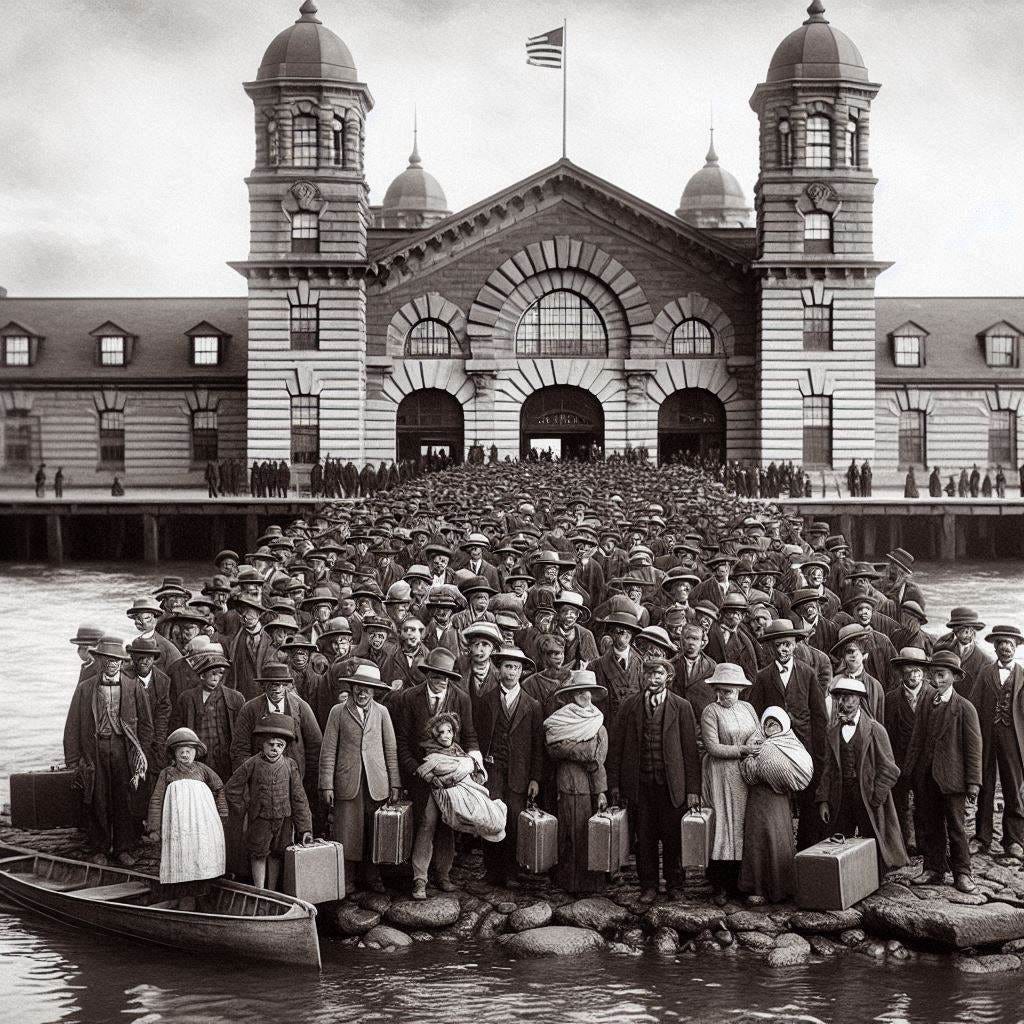The Mysteries of History (January 1 Edition)
A New Year, and a New Series Shrouded in Mystery (So to Speak)
Each day throughout this year (2025), I will present some key historical (and sometimes hysterical) events from that date, along with questions to ponder and/or discuss with others. Rather than ranking these happenings arbitrarily or according to my personal feelings, they will be presented in chronological order.
1804 — Haitian independence
After being ruled over by Spain for more than a century and then France for almost two centuries, Haitians rose up and secured their independence from the colonizers in a revolution that lasted from 1791 to 1804.
Mysteries to solve: How did France get revenge on Haiti for gaining its independence by means of revolution, and how did that vengeance affect the country down through the ages? Haiti shares the island of Hispaniola with which other country? Why is Toussaint Louverture not a household name? 1819 — Frankenstein Published
Mary (Wollstonecraft Godwin) Shelley, whose husband Percy Bysshe Shelley was a famous writer (poet) in his own right, accepted the challenge to write a novel, and penned one of the most popular ones ever, which is also viewed by some as the first work of science-fiction.
Questions to ponder: What was the book’s message (or was it simply intended to entertain readers)? Why is “Or, the Modern Prometheus” its subtitle?1863 — Emancipation Proclamation & First Homesteader
Abraham Lincoln said of the Emancipation Proclamation that he never “felt more certain that I was doing right, than I do in signing this paper.” Its unequivocal rejection of slavery may have led to Lincoln’s assassination by J.W. Booth, a dyed-in-the-wool Southerner and hardline supporter of slavery.
Questions: Why was slavery euphemistically referred to as “the peculiar institution”? How is it that there are more slaves in the world now (in 2025) than ever before in human history?Daniel Freeman was the first homesteader, successfully filing for a claim near Beatrice, Nebraska in 1863.
Questions: How did those who were “squatters” in the western part of the United States prior to this pave the way for the Homestead Act to be passed in 1862? Why did Southern slavers and their sympathizers oppose homesteading, which was viewed as “legal squatting”?1892 — First Intake of Immigrants at Ellis Island
Over the course of sixty-two years, from 1892 to 1954, twenty million immigrants arrived in the United States from around the world.
Questions: Who was the first immigrant processed at Ellis Island in 1892, and what were some of the things that could prevent a wannabe-immigrant from being allowed into the United States on a permanent basis?1923 — Rosewood Massacre
Largely ignored until 1982, the 1923 Rosewood, Florida, massacre (in which eight or more people were killed, including at least six black residents of the mill town) was ignited by the possibly false accusation made by a white woman, Fannie Taylor, against an unnamed black man.
Questions: What connection, if any, was there between the 1921 Race Massacre in Tulsa, Oklahoma, and the Rosewood Massacre of 1923? What may have really happened to Fannie Taylor, and why might she have lied about the identity of her attacker?











